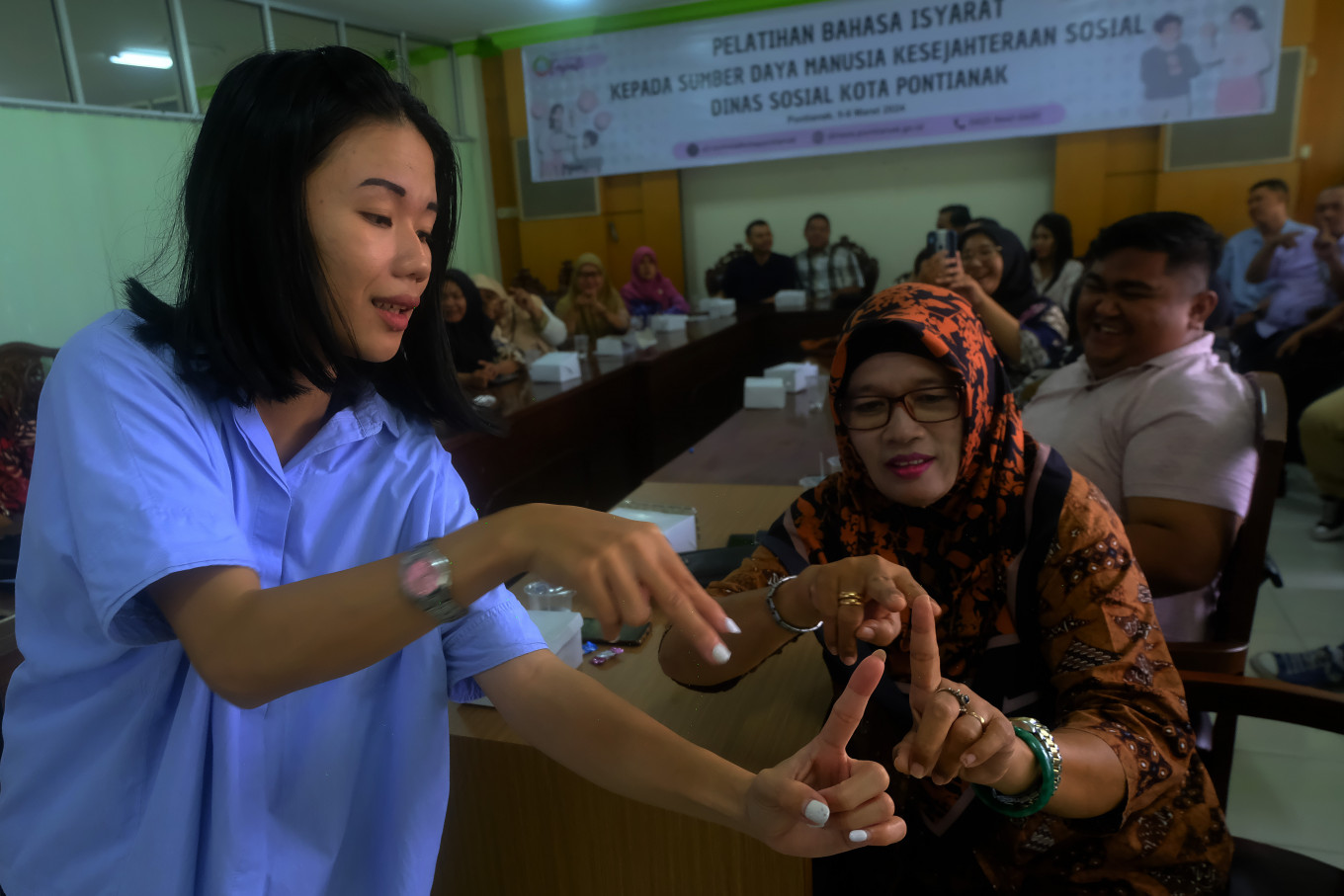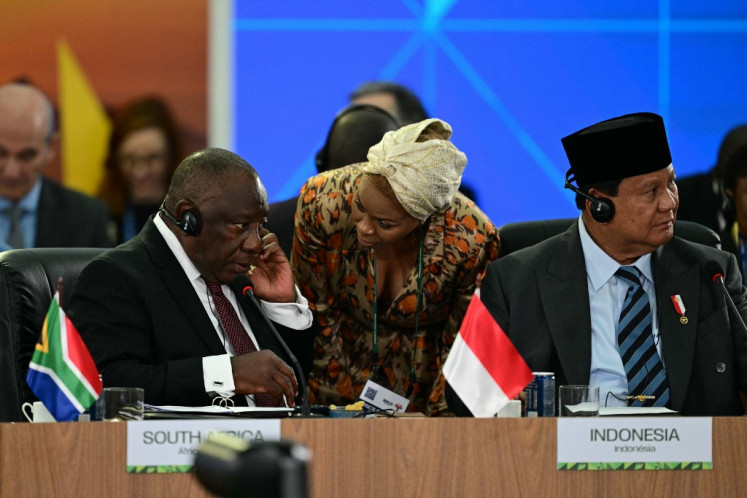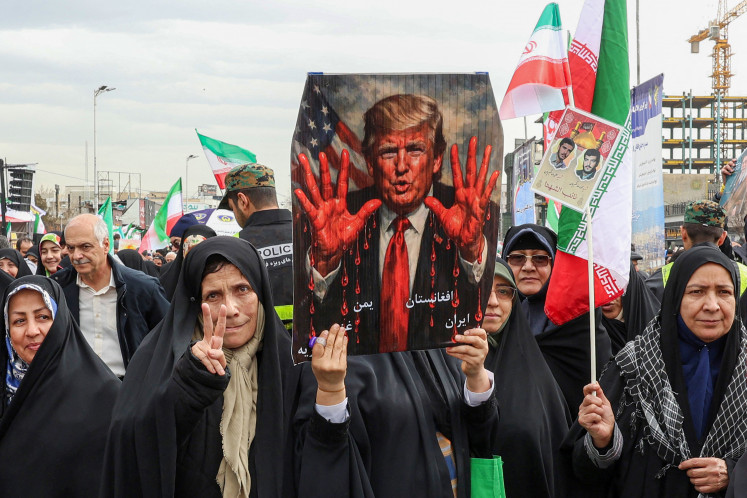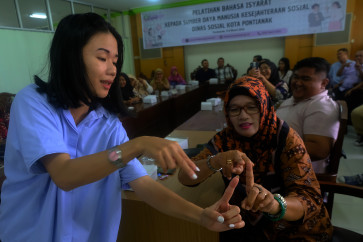Popular Reads
Top Results
Can't find what you're looking for?
View all search resultsPopular Reads
Top Results
Can't find what you're looking for?
View all search resultsMoving up social workers with the ‘Buen Vivir’ wisdom
It incorporates ideas of de-growth, austerity, and a stern critique of extractivism, which invokes limits in development.
Change text size
Gift Premium Articles
to Anyone
W
orld Social Work Day (WSWD) is celebrated every year on the third Tuesday of March. It has become a high point in the social work calendar, with social workers worldwide, including in Indonesia, celebrating and promoting the profession's contributions to individuals, families, communities, and wider society.
This year’s theme, "Buen Vivir: Shared Future for Transformative Change", highlights the importance of social workers embracing community-led approaches grounded in indigenous wisdom and harmonious coexistence with nature for social transformation.
The concept of Buen Vivir, a Spanish word for “good living” or “living well,” originated from South American philosophy and has even been inscribed in the constitutions of Ecuador and Bolivia. It incorporates ideas of de-growth, austerity, and a stern critique of extractivism, which invokes limits in development. The idea emphasizes that humans are never owners of the earth and its resources, only stewards. Within the framework, those other futures we want must be well kept in check.
Social workers are important human resources in development. The distinguishing characteristic of social workers from other professions is their emphasis on the person-in-environment model and social justice.
Social justice is an integral part of social work and is strongly embedded in its value of equality. Including struggles for environmental justice within an environmental framework is a critical and significant part of social workers’ activities. It surfaces when redressing complex environmental degradation issues, vulnerability among marginalized populations, and disaster responses.
The Golden Indonesia 2045 Vision envisions Indonesia becoming a high-income country, the world's fourth or fifth largest economy by 2045, with near-zero poverty. The goal is set for 2045 since the republic will commemorate 100 years of its independence by then. Meanwhile, inequality is and will likely remain a key challenge threatening Indonesia’s future growth and prosperity.
Inequality threatens long-term social and economic development, harms poverty reduction, and destroys people’s fulfillment and self-worth. Sustainable development cannot be achieved if individuals and communities are excluded from better access and contribution to social, economic, and political life. Therefore, reducing inequalities and ensuring no one is left behind are key to achieving all 17 Sustainable Development Goals (SDGs).



















